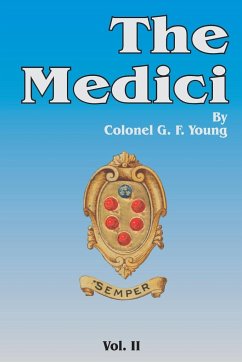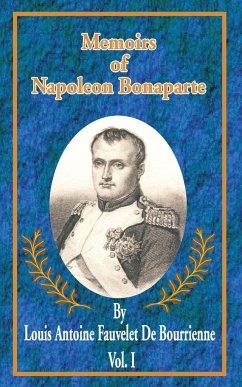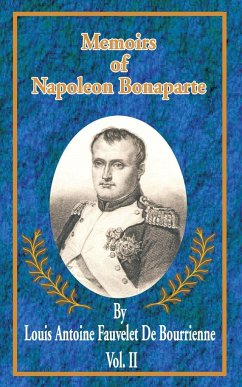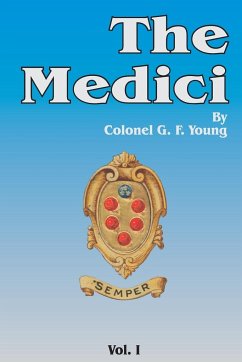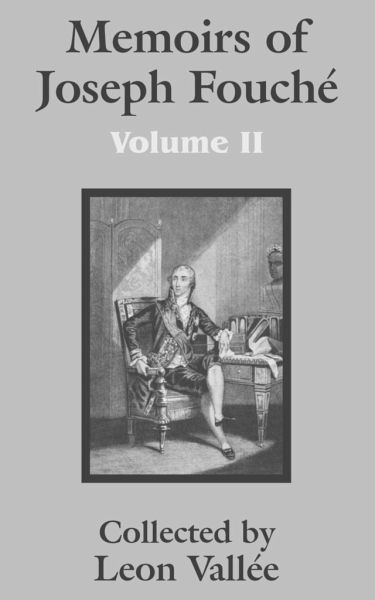
Memoirs of Joseph Fouché (Volume Two)
Versandkostenfrei!
Versandfertig in 1-2 Wochen
24,99 €
inkl. MwSt.

PAYBACK Punkte
12 °P sammeln!
Joseph Fouche (1763-1820) was head of internal security for Emperor Napoleon. He was noted as an anti-cleric, banned and repressed publication of books, was responsible for mass shootings. The former school teacher became Minister of Police, only to be fired by Napoleon in 1810 when it was discovered that he was holding secret talks with foreign powers. He was later re-instated. He became president of the commission ruling France for a short time following Napoleon's final defeat, was an enemy of Robespierre, and was also largely responsible for the repressive censorship of books and periodica...
Joseph Fouche (1763-1820) was head of internal security for Emperor Napoleon. He was noted as an anti-cleric, banned and repressed publication of books, was responsible for mass shootings. The former school teacher became Minister of Police, only to be fired by Napoleon in 1810 when it was discovered that he was holding secret talks with foreign powers. He was later re-instated. He became president of the commission ruling France for a short time following Napoleon's final defeat, was an enemy of Robespierre, and was also largely responsible for the repressive censorship of books and periodicals under the Empire. He was a master of intrigue, espionage, and self-preservation. The implacable inspector Javert in Victor Hugo's Les Miserables is based in part on Joseph Fouche: "He commenced his career as a revolutionist; voted the death of the king; betrayed the Republic to Napoleon; broke his faith to the usurper, then to the Bourbons; then again to the hero of the Hundred Days; he was venal, mendacious, disloyal, corrupt to the core; and all this he carefully points out to his readers 'in the spirit of candour.' His memoirs are indeed no less amazing than instructive reading, and in them will be found the history of the first Napoleonic Empire with a cynical frankness little less than revolting." - Daily Telegraph His memoirs were long thought to be fake but modern research has shown these memoirs to be authentic.






